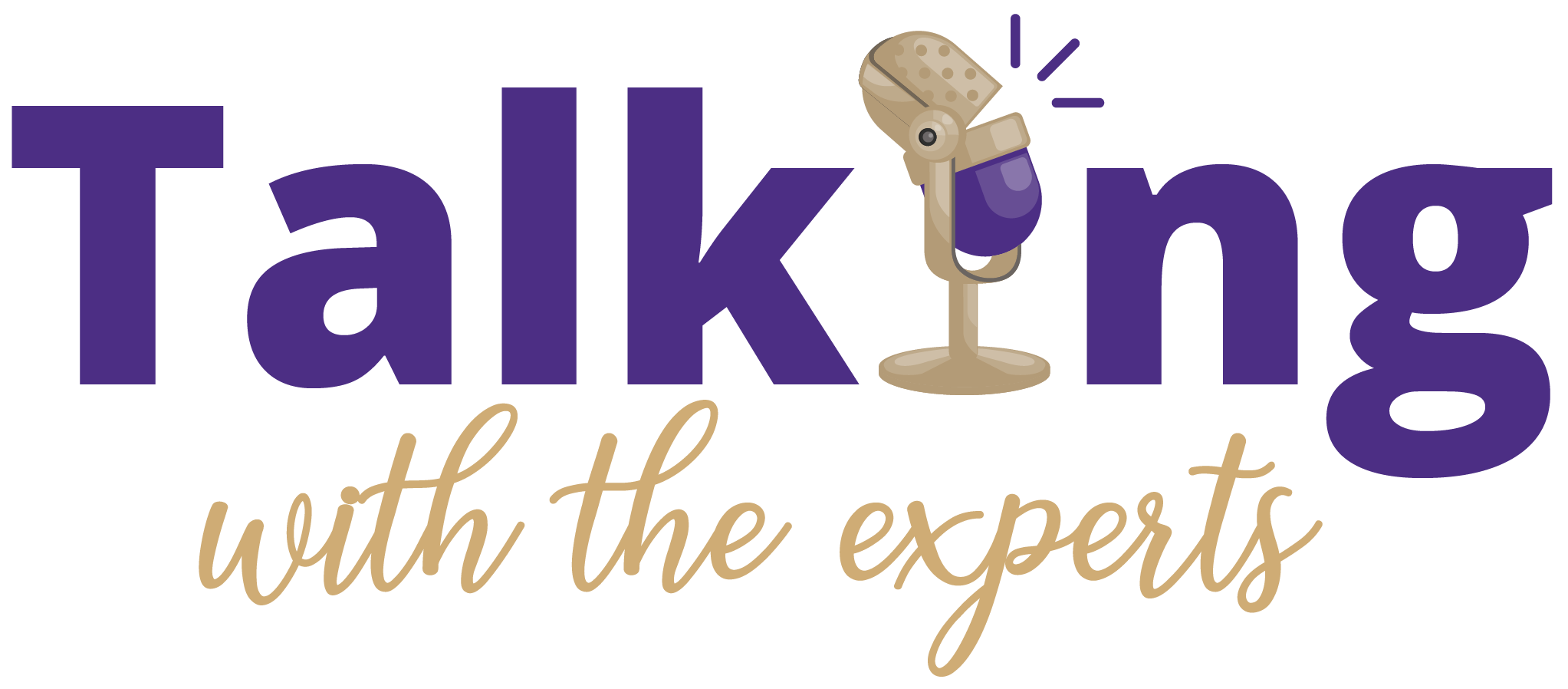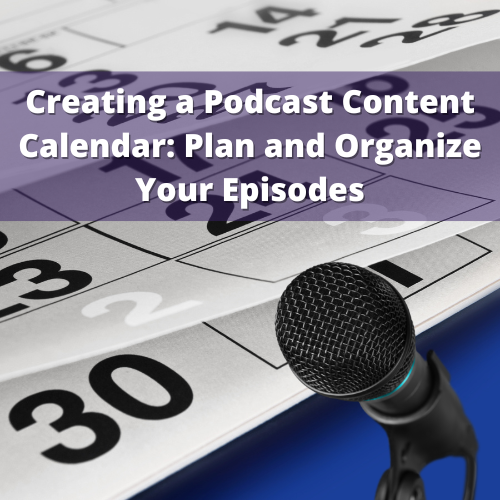Plan and Organize Your Episodes
Podcasting has become a powerful medium for sharing stories, insights, and expertise with a global audience. However, one of the most challenging aspects of running a successful podcast is maintaining consistency and ensuring that your content remains engaging and relevant. A well-organized podcast content calendar can help you plan your episodes, stay on schedule, and keep your audience engaged. In this comprehensive guide, we’ll explore the steps to creating an effective podcast content calendar, along with tips for organizing and managing your episodes.
Why You Need a Podcast Content Calendar
A podcast content calendar is a planning tool that helps you schedule and organize your episodes in advance. It offers numerous benefits that can significantly enhance your podcasting process and ensure long-term success.
Consistency and Reliability
Consistency is key to building a loyal audience. By using a content calendar, you can plan your episodes well in advance, ensuring that you have a steady stream of content ready to go. This reliability keeps your audience engaged and helps you avoid the stress of last-minute content creation.
Improved Content Quality
With a content calendar, you have the time to research, prepare, and refine your episodes. This leads to higher-quality content that resonates with your audience. Planning ahead also allows you to coordinate guest appearances, research relevant topics, and incorporate timely themes into your episodes.
Efficient Time Management
A content calendar helps you manage your time effectively by breaking down the podcast production process into manageable tasks. This organization allows you to allocate sufficient time for each aspect of podcast creation, from brainstorming ideas to recording and editing.
Strategic Content Planning
A content calendar enables you to take a strategic approach to your podcasting. You can align your content with your business goals, plan around key dates or events, and ensure that your episodes cover a diverse range of topics. This strategic planning can help you reach new audiences and keep your existing listeners engaged.
Steps to Creating a Podcast Content Calendar

Creating a podcast content calendar may seem daunting, but by following these steps, you can develop an organized and effective plan that keeps your podcast on track.
1. Define Your Podcast Goals
Before you start planning your content, it’s important to define your podcast’s goals. What do you want to achieve with your podcast? Are you looking to educate, entertain, or inspire your audience? Do you want to drive traffic to your website, increase brand awareness, or generate leads? By defining clear goals, you can tailor your content strategy to meet these objectives.
2. Identify Your Audience
Understanding your target audience is crucial for creating content that resonates with them. Identify who your listeners are, what their interests and pain points are, and what type of content they enjoy. This understanding will guide your content planning and help you create episodes that engage and retain your audience.
3. Brainstorm Episode Ideas
Once you have a clear understanding of your goals and audience, start brainstorming episode ideas. Consider the following sources for inspiration:
✔ Audience Feedback: Use surveys, polls, and social media interactions to gather topic suggestions from your audience.
✔ Industry Trends: Stay informed about the latest trends in your industry and incorporate them into your episodes.
✔ Seasonal Themes: Plan episodes around holidays, seasons, or special events relevant to your audience.
✔ Guest Appearances: Invite industry experts, influencers, or other podcasters as guests on your show to bring fresh perspectives.
4. Choose a Calendar Tool
There are various tools available to help you create and manage your podcast content calendar. Choose one that fits your workflow and preferences. Some popular options include:
– Google Calendar: Simple and easy to use, Google Calendar allows you to schedule episodes and set reminders.
– Trello: A visual project management tool that lets you organize tasks and deadlines using boards, lists, and cards.
– Airtable: Combines the features of a spreadsheet and a database, making it ideal for managing content calendars with detailed information.
– Asana: A task management tool that helps you plan, organize, and track your podcasting tasks.
5. Organize Your Episodes
With your ideas and tools in place, it’s time to organize your episodes. Consider the following elements when scheduling your content:
✔ Episode Titles: Create compelling and SEO-friendly titles for each episode.
✔ Release Dates: Decide on a consistent release schedule, whether it’s weekly, bi-weekly, or monthly.
✔ Episode Format: Determine the format for each episode (e.g., interviews, solo shows, roundtable discussions).
✔ Guest Scheduling: Coordinate with guests in advance to ensure they are available for recording.
✔ Promotional Content: Plan promotional activities such as social media posts, email newsletters, and teaser videos.
6. Plan Your Content in Batches
Batch planning is an efficient way to manage your podcast production. Instead of planning each episode individually, group similar tasks together and work on them in batches. For example:
– Brainstorming: Dedicate a session to brainstorming multiple episode ideas at once.
– Research: Conduct research for several episodes in one sitting to save time.
– Recording: Record multiple episodes in one session to streamline the production process.
– Editing: Edit several episodes in a row to maintain consistency in audio quality and style.
7. Incorporate Flexibility
While it’s important to have a structured content calendar, it’s also crucial to allow for flexibility. Unexpected events, news, or opportunities may arise that you’ll want to incorporate into your podcast. Leave some room in your calendar to adjust your schedule as needed.
8. Review and Adjust
Periodically review your content calendar to assess what’s working and what’s not. Use analytics and audience feedback to measure the success of your episodes and adjust your future plans. Continuous improvement is key to keeping your content relevant and engaging.
Tips for Managing Your Podcast Content Calendar

Once your content calendar is set up, managing it effectively is essential for maintaining consistency and quality. Here are some tips to help you stay organized:
Set Deadlines
Establish clear deadlines for each stage of the podcast production process, from brainstorming to publishing. Setting deadlines helps you stay on track and ensures that you meet your release schedule.
Delegate Tasks
If you work with a team, delegate tasks to ensure that everyone contributes to the podcast’s success. Assign responsibilities such as research, guest coordination, editing, and promotion to different team members based on their strengths and expertise.
Automate Where Possible
Use automation tools to streamline repetitive tasks such as social media posting, email scheduling, and reminders. Automation saves time and reduces the risk of human error.
Monitor Progress
Regularly check in on your content calendar to monitor your progress and adjust as needed. If you notice that certain tasks are falling behind, take action to address any issues before they affect your release schedule.
Keep It Accessible
Ensure that your content calendar is easily accessible to everyone involved in the podcast production process. This may involve using cloud-based tools that allow for real-time collaboration and updates.
Benefits of a Well-Managed Podcast Content Calendar

A well-managed content calendar offers numerous benefits that can enhance your podcasting experience and contribute to your overall success.
Reduces Stress
Planning and organizing your episodes in advance reduces the stress of last-minute content creation. Knowing that you have a clear plan in place allows you to focus on producing high-quality content without the pressure of looming deadlines.
Enhances Creativity
When you’re not bogged down by the day-to-day logistics of podcasting, you have more mental space to be creative. A content calendar frees up time for brainstorming new ideas, experimenting with different formats, and exploring innovative approaches to your podcast.
Boosts Audience Engagement
Consistency and quality are key to building a loyal audience. By maintaining a regular release schedule and delivering well-prepared content, you keep your audience engaged and encourage them to return for future episodes.
Aligns with Business Goals
A content calendar allows you to align your podcasting efforts with your broader business goals. Whether you’re aiming to increase brand awareness, drive traffic to your website, or generate leads, strategic content planning helps you achieve your objectives.
Facilitates Growth
A well-organized podcast is more likely to grow its audience over time. By consistently delivering valuable content, you can attract new listeners, retain existing ones, and expand your reach.
Creating and managing a podcast content calendar is an essential practice for any podcaster looking to stay organized, maintain consistency, and produce high-quality content. By following the steps outlined in this guide, you can develop a content calendar that not only meets your production needs but also supports your long-term podcasting goals. Remember, the key to a successful podcast is not just the content itself, but the planning and organization behind it. With a well-structured content calendar, you can ensure that your podcast remains relevant, engaging, and enjoyable for your audience.



